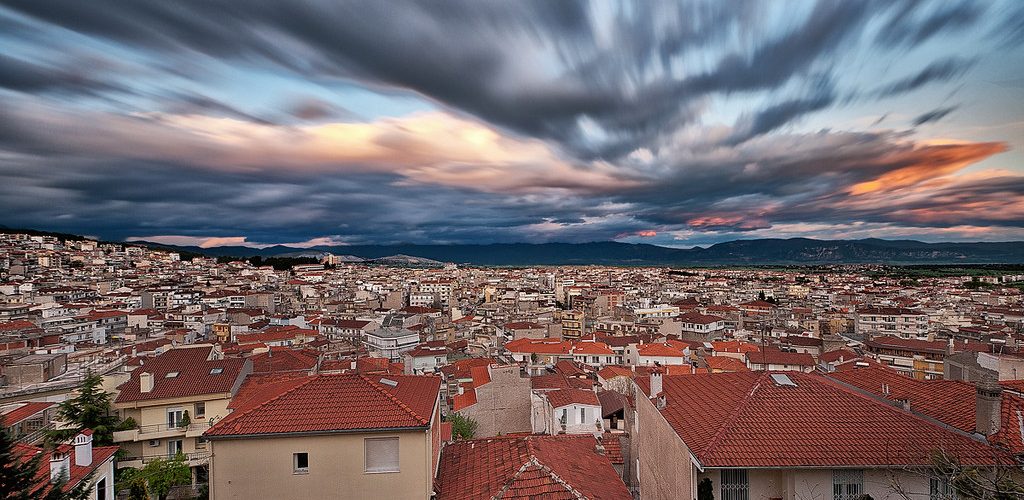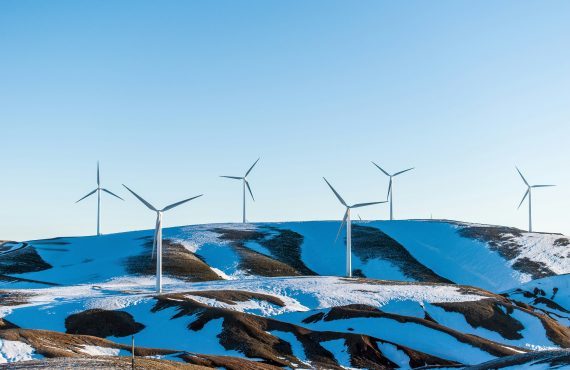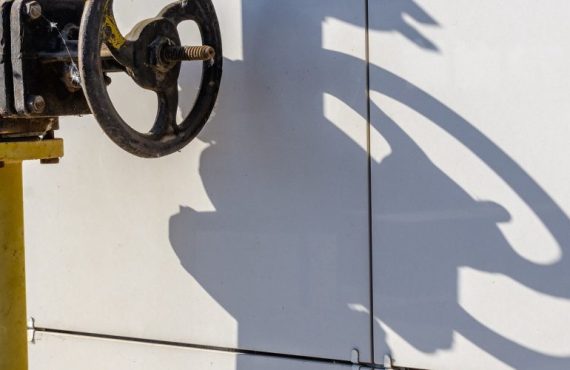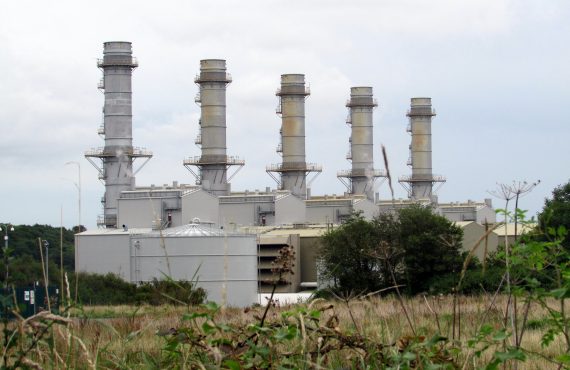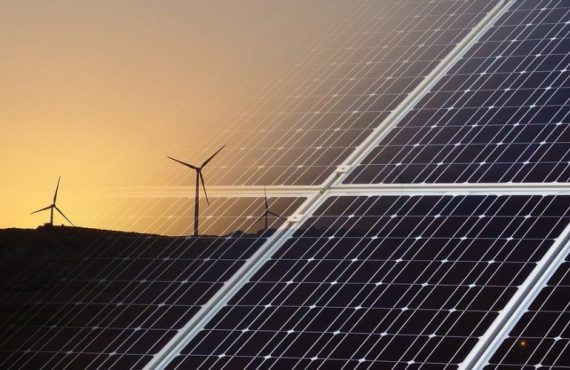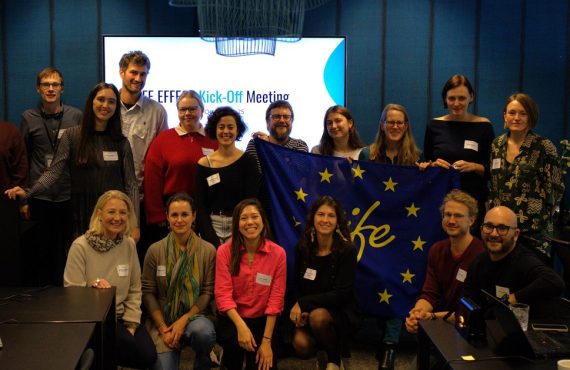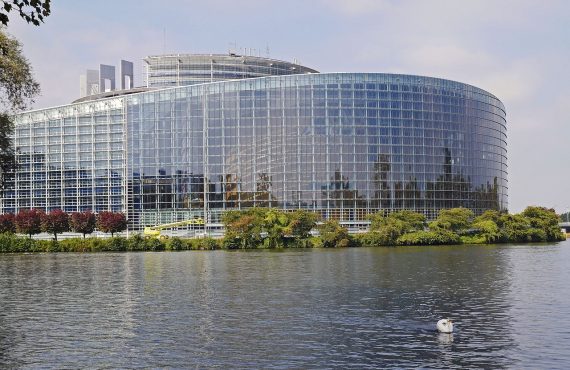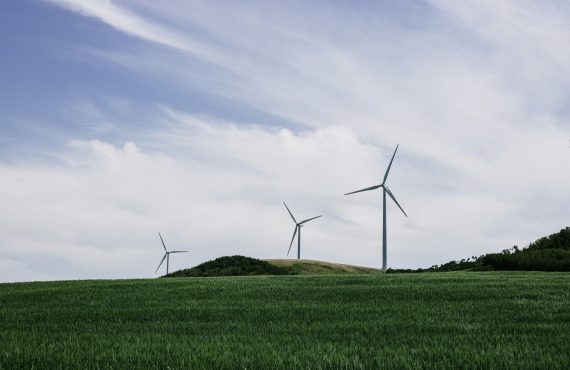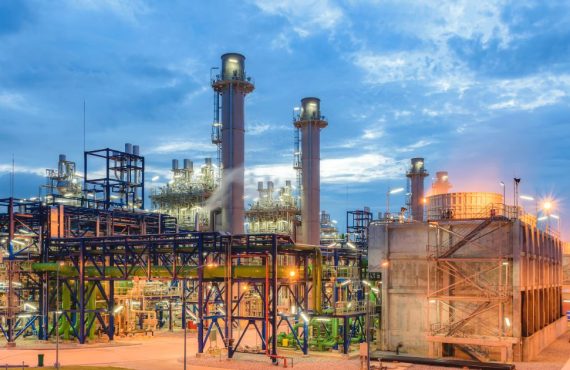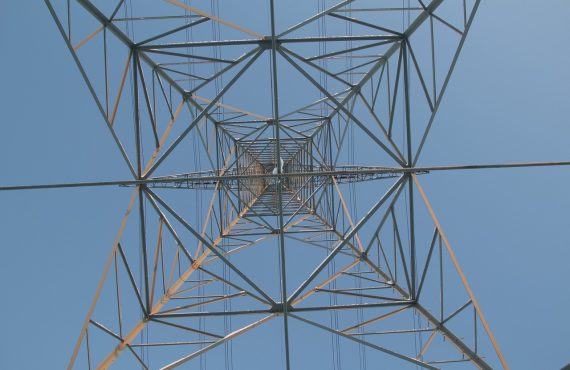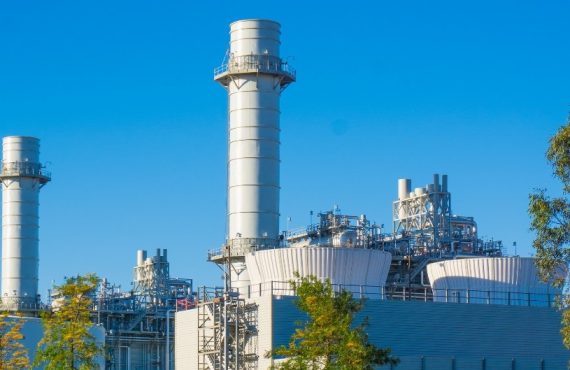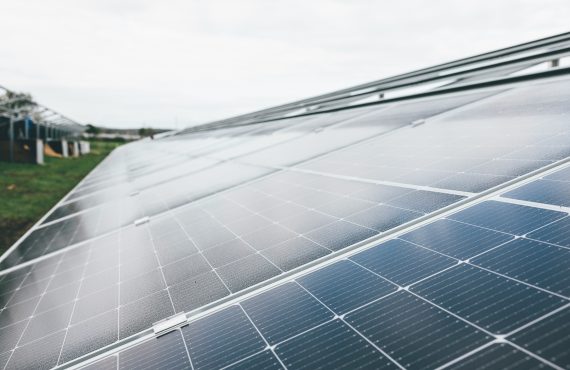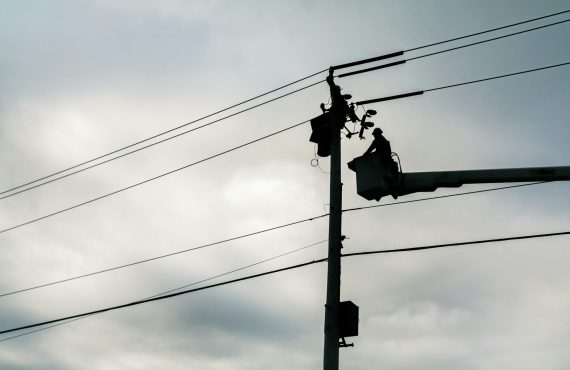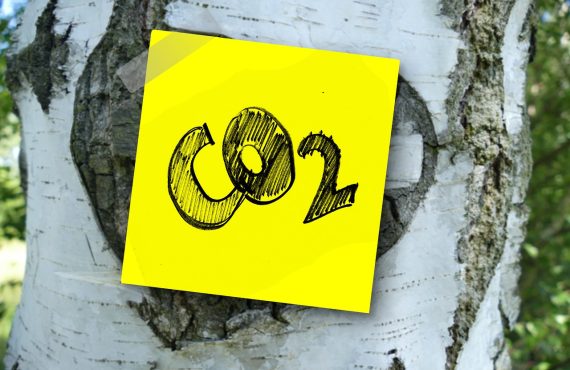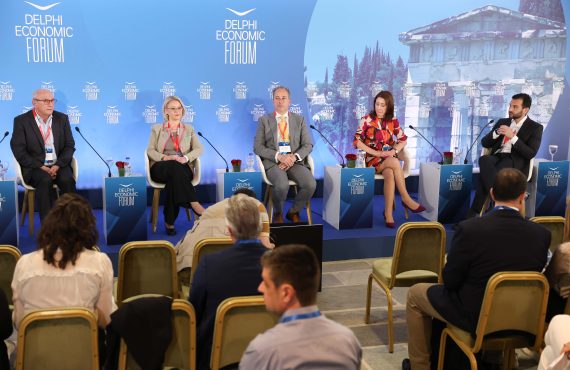PRESS RELEASE
Covering the heating and district heating needs of citizens in the lignite municipalities of Western Macedonia (Kozani, Eordaia, Florina and Amyndeon) is a key issue for their just and smooth transition to the post-lignite period.
The plan for the heating of said areas was launched in 2020 and is based entirely on fossil gas. However, the implementation of very key components has not yet started and the relevant funds have not been disbursed. Moreover, in the intervening 4 years, there have been some radical changes in European policy on heating issues. These include the introduction of the new Emissions Trading Scheme for buildings and road transport, which will make the use of fossil fuels in these sectors more expensive from 2027 onwards, and REPowerEU, which set much more ambitious targets to reduce dependence on fossil gas by 2030 for the EU-27, while promoting the electrification of heating with heat pumps.
As crucial decisions are expected from local authorities and the Greek government on the future of district heating in the four municipalities of Kozani, Evrdea, Amyndeon and Florina, The Green Tank, in collaboration with Prorata, conducted a public poll by telephone among a sample of 1000 people from the four municipalities. Its main objective was to investigate the views of the citizens themselves who will be directly affected by the choices of the local authorities and the government on heating and district heating.
The main findings can be summarized as follows:
- Only 14% of citizens consider the planned fossil gas-based solution for heating and district heating of the 4 cities in the Regions of Kozani and Florina to be reasonable. Exactly the same percentage believes that the choice of fossil gas will lead to lower heating costs. On the contrary, 60% of the respondents think that the choice of this option will increase heating costs.
- 68% believe that the municipal authorities of the 4 cities, in cooperation with the government, should reconsider the fossil gas-based solution designed in 2020. In particular, 34% believe that the redesign should be based on the lowest possible cost, while 29% prioritize reducing carbon emissions.
- 54% of citizens attribute the recent energy price crisis to fossil fuels. In particular, 43% see fossil gas as the dominant cause of the crisis, while 11% believe that the crisis is related to the rising cost of using lignite due to the Emissions Trading System. On the flip side, just over 1 in 5 citizens (22%) attribute the crisis to the increasing share of Renewable Energy Sources (RES).
- More and more citizens of lignite municipalities are turning to RES to meet their energy needs. Almost 1 in 2 respondents (48%) either already have photovoltaic systems (4%), plan to acquire them regardless of funding (21%), or would proceed to install such systems if subsidies were available (23%).
- The people of Western Macedonia are also positive about heat pumps. More than 1 in 3 households (34%) are considering installing heat pumps as a solution to meet their heating needs. Of the 53% who are not considering this option, around half (47%) state the high cost of purchasing and installing heat pumps as the main deterrent.
- The fact that heat pumps are recognized as a viable option by households is illustrated by the fact that most households (33%) would currently choose heat pumps over gas if subsidies were available, while 26% would not choose either option.
“The conditions have changed radically since 2020, when the transition from lignite to fossil gas was planned to cover the heating needs of the lignite municipalities in Western Macedonia. On the other hand, citizens seem to increasingly seek long-term sustainable solutions based on the electrification of heating and the use of Renewable Energy Sources. Local authorities and the Greek government should listen to citizens, follow European policy trends and redesign the future of heating and district heating on new and solid foundation”, said Nikos Mantzaris, policy analyst & co-founder of The Green Tank.
You can read the full poll in Greek here.
Notes:
- The poll was conducted on a sample of 1000 people in the general population, 17 years old and above, permanently residing in the municipalities of Kozani, Eordaia, Amyndeon and Florina using quotas on gender, age and area of permanent residence.
- You can listen to a podcast on the issue of district heating here.



